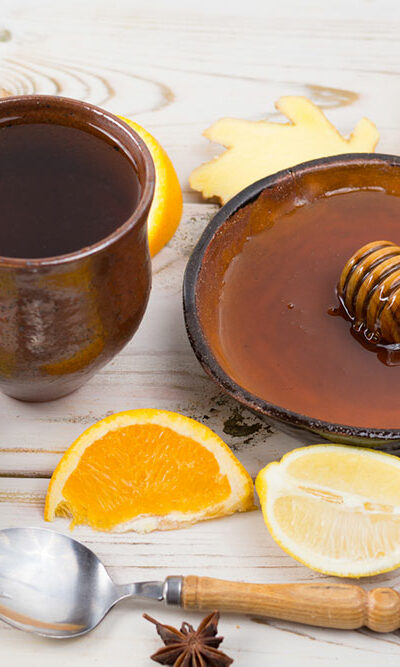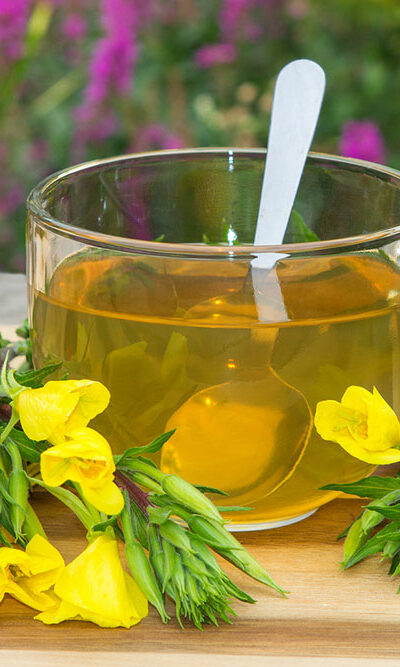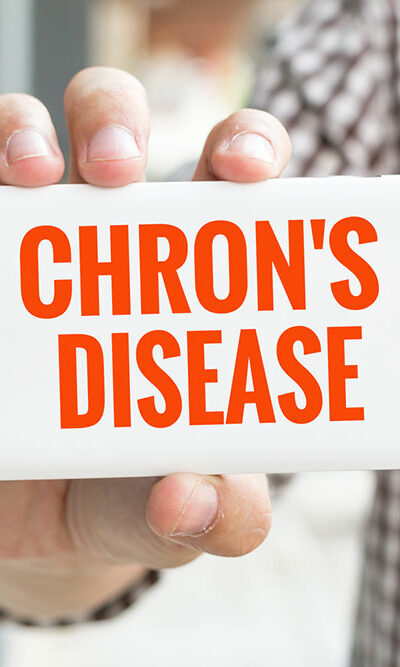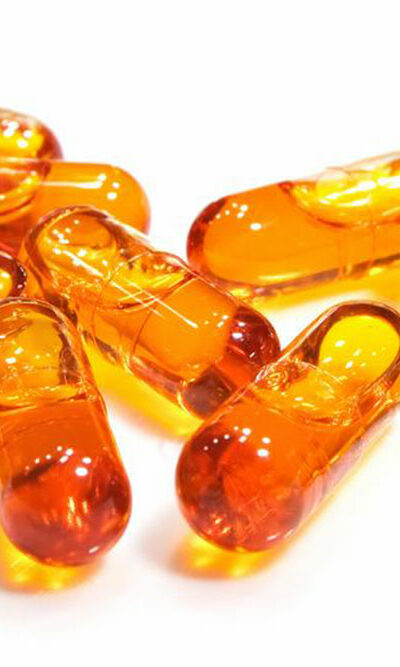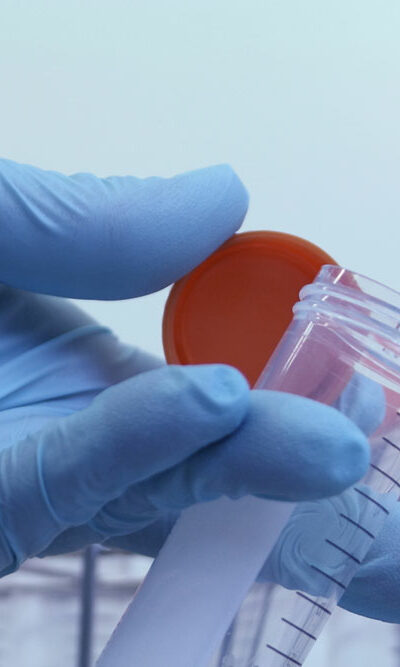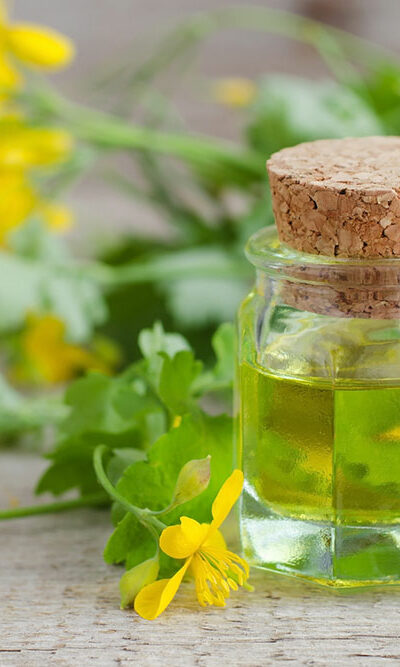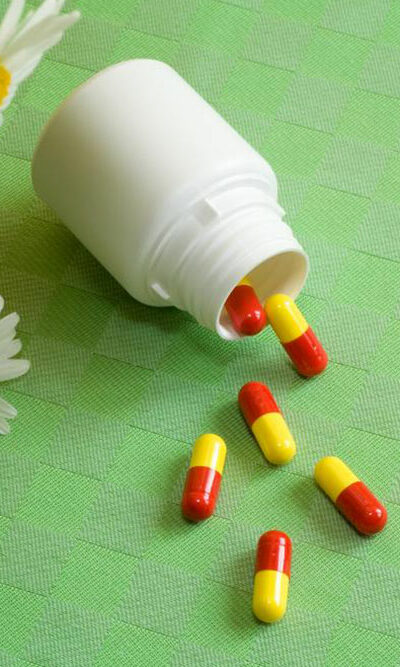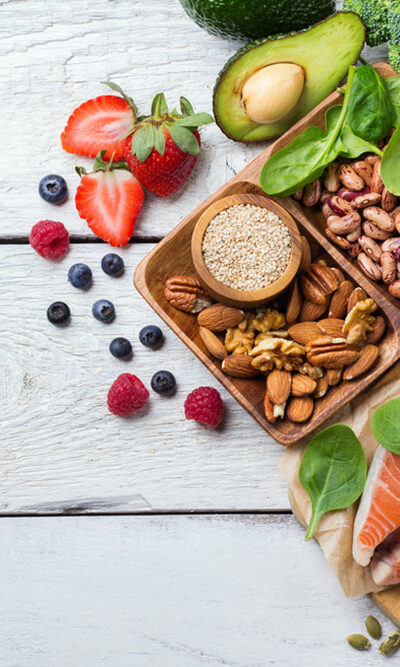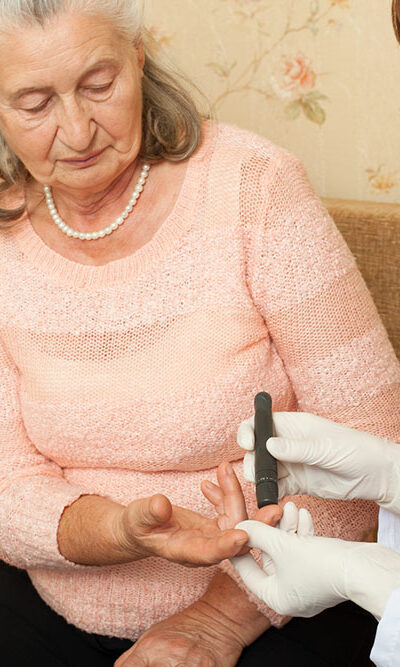
10 Preventive Measures to Keep Diabetes under Control
Diabetes is a chronic disease that can cause several other complications if not treated on time. It can lead to kidney failure, blindness, and other such serious conditions. If diagnosed in the initial stages, diabetes can be fought with. You certainly cannot change certain factors like age and genes but you can definitely reduce the risk of diabetes. Here are 10 diabetes control measures that you can use to keep the condition under control. Cut sugar as well as refined carbs from your diet You are more likely to develop diabetes if you eat high-sugar foods and refined carbs. The body tends to burn down this sugar rapidly which are then absorbed by the bloodstream. The rise in blood sugar prompts the pancreas to produce insulin. However, in those who have prediabetes, the body cells become resistant to the action of insulin. Therefore, the sugar remains in the blood. In response to this, the pancreas produces insulin. This goes on until both the blood sugar and insulin level increase in the body. Eventually, it leads to diabetes. This is why you should keep the consumption of carbs and sugar at the minimum. Exercise One of the most effective diabetes control measures is exercise. Regular physical activity can help in preventing diabetes. Exercise increases insulin sensitivity by over 85% when it is high-intensity. Aerobic exercises, strength training, and other such types of physical activities help a lot. It is advised to go for exercises that you actually enjoy and can stick to in the long run. Drink a lot of water Whenever you feel thirsty drink water instead of any other beverage. This will naturally help you stay away from any other beverage that might contain sugar. Drinking sugary beverages is linked to an increased risk of diabetes. It is a great idea to simply cut down from any type of sugary beverage so that you can only have healthy fluids.

